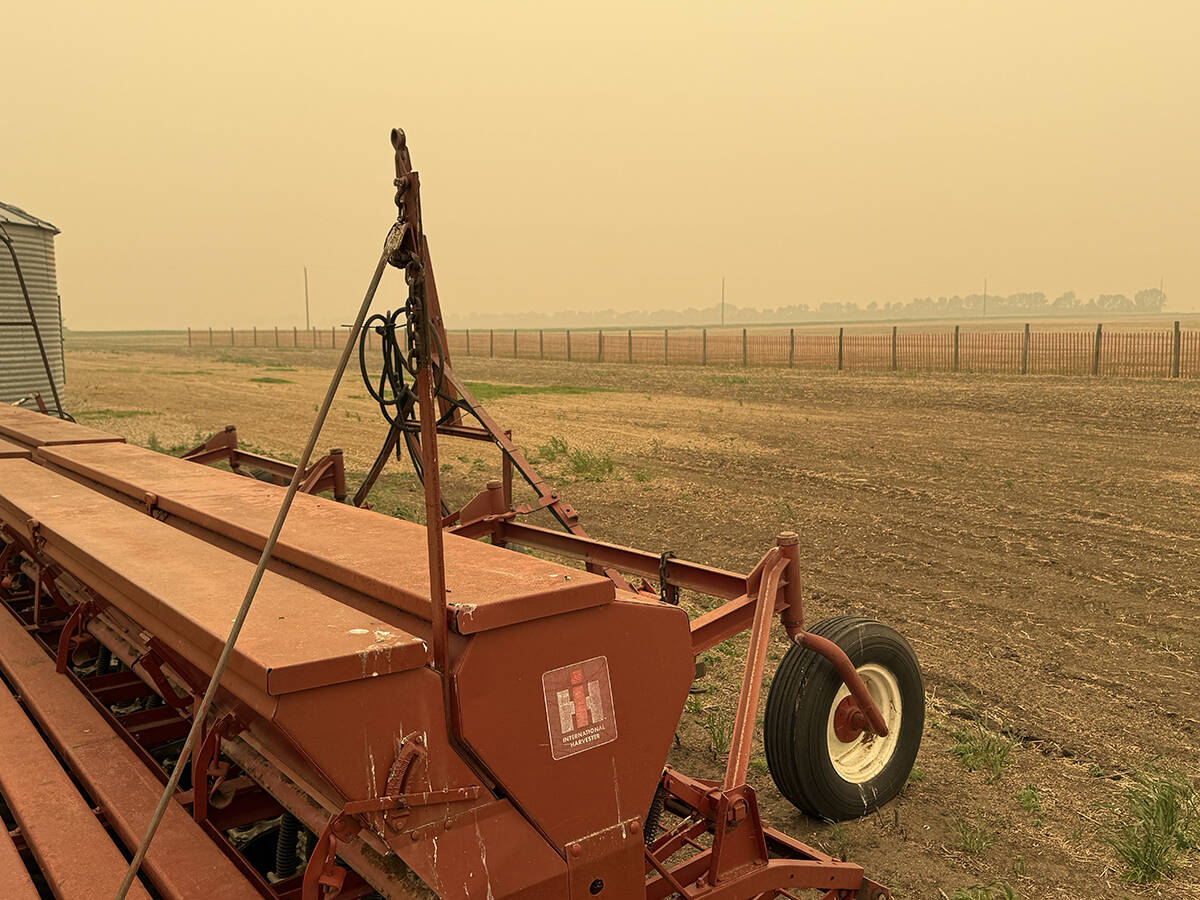Union officials hope to begin collective bargaining within the next month after workers at Lakeside Packeers, one of Canada’s largest meat packing plants, voted by a narrow margin to unionize.
After 10 years of trying to unionize the Brooks, Alta., packing plant, workers decided conditions had to improve, said Doug O’Halloran, spokesperson for UFCW Local 401.
“A lot of workers felt it can’t be any worse with a union so why don’t we give it a shot,” said O’Halloran.
The 2,100 workers at the Tyson Foods-owned plant voted 905-857 on Aug. 26-27 to unionize. O’Halloran said the firing of about 70 Sudanese workers at the plant this summer probably tipped the scales in the union’s favour.
Read Also

Wildfires have unexpected upside this year
One farmer feels smoke from nearby wildfires shrouded the July skies and protected his crop from the sun’s burning rays, resulting in more seeds per pod and more pods per plant.
“Under Tyson, working conditions have deteriorated,” said O’Halloran about the former Altwasser family-owned plant.
By law, the company must follow a 90-day working condition and wage freeze. It’s during this 90-day window that union officials hope to begin bargaining.
By law the company must go to the bargaining table, but O’Halloran doesn’t expect negotiations to be easy.
“You have to try and creatively negotiate something that will work for the workers and get a contract that has some teeth to it.”
Officials with Tyson did not return phone calls.
This is not the first time the Lakeside plant has been unionized. It was organized in the late 1970s and in 1984 workers walked out, some for four years. After three months most workers went back to work, but the company was no longer unionized.
O’Halloran doesn’t expect large wage increases for the staff at the plant, but he hopes the union will be able to improve working conditions.
Brooks mayor Don Weisbeck said he hasn’t polled workers about the vote, but the sentiment in the community is that the workers are “awfully tired” from working six days a week since September to keep up with the demand for the beef.
“I hope it’s resolved and as long as that product demand is there, we’ll have a healthy industry and a healthy community,” Weisbeck said.
Tyson announced a $17 million expansion earlier this year that will boost the number of animals slaughtered to 4,000 head a day from 3,000. It will also increase the workforce to 2,400 from 2,100 people.
The UFCW Local 401 also represents workers at the Maple Leaf pork plant in Lethbridge. Cargill’s beef plant in High River, Alta., and Olymel’s pork plant in Red Deer are represented by the same union, but under different locals.














